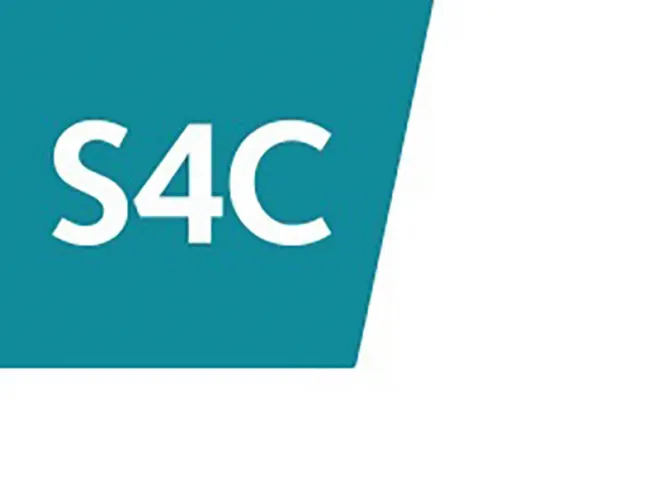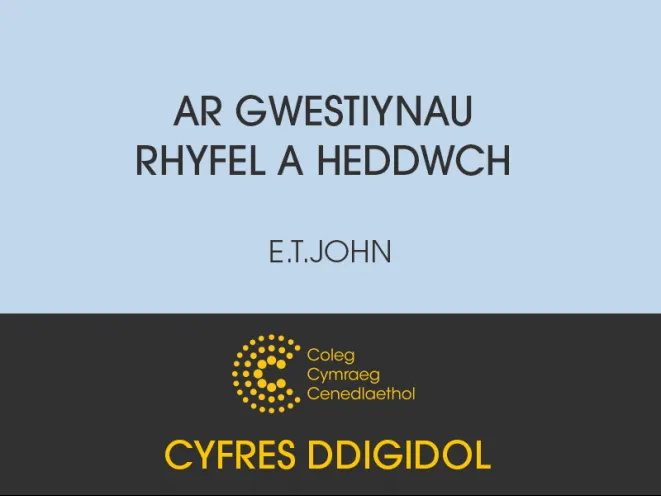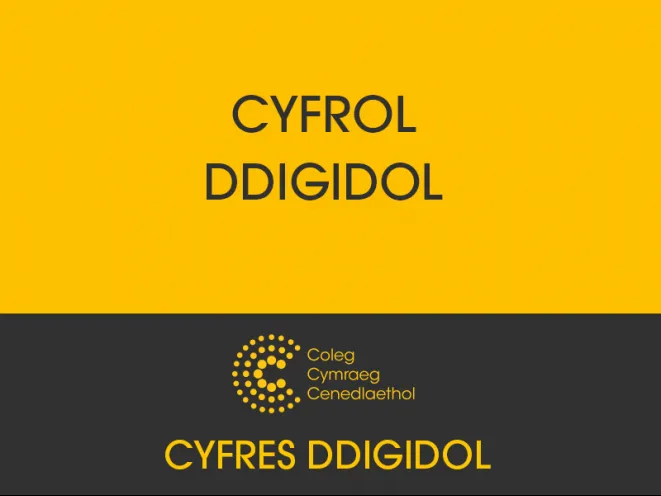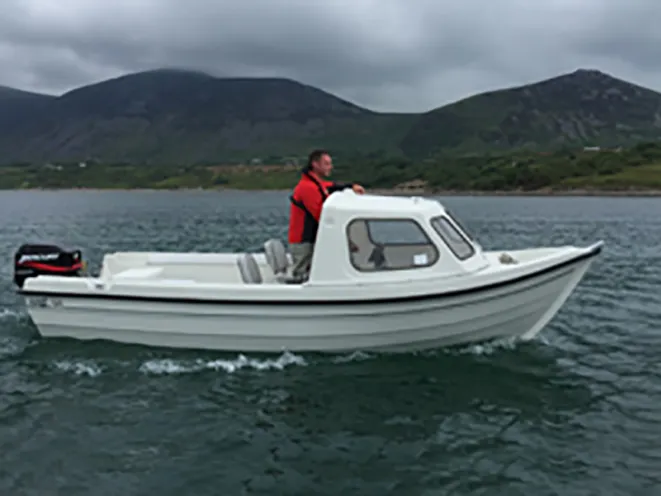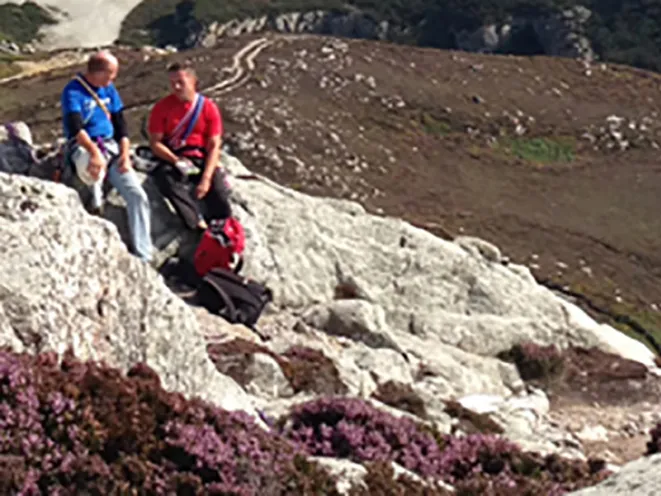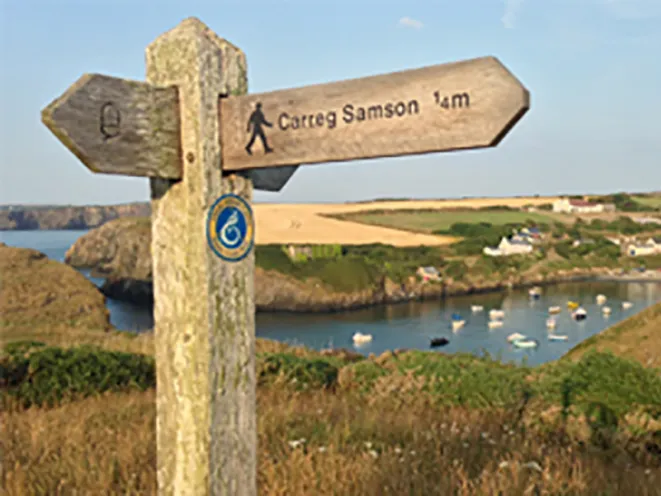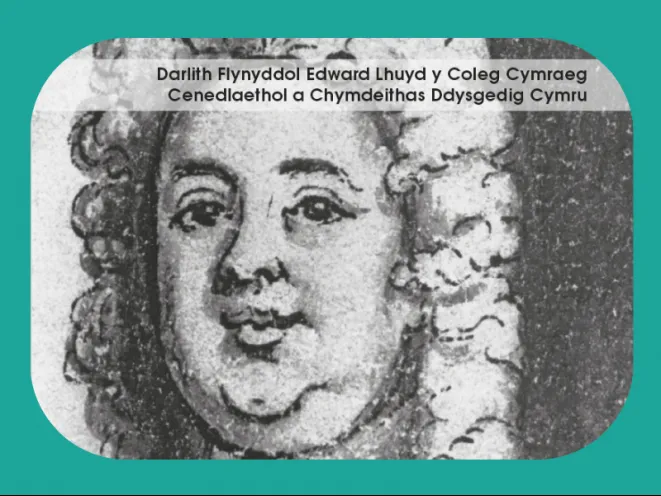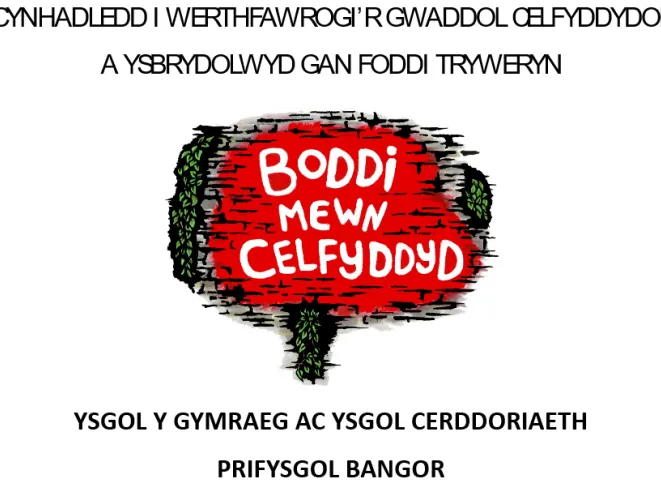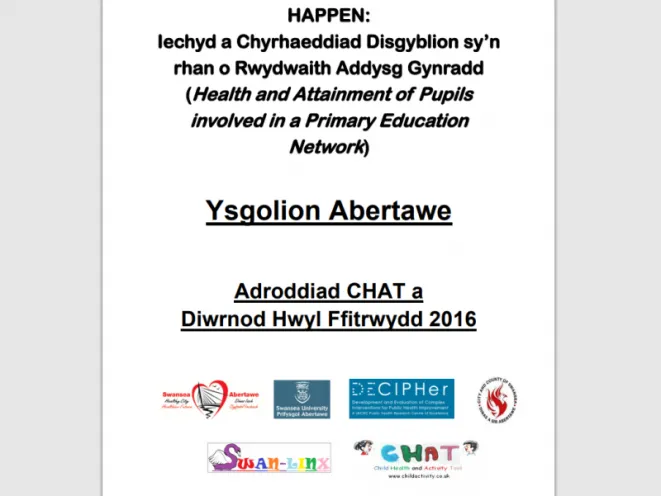Rhaglen ddogfen bwerus sy'n coffau milwyr o Gymru a Chanada a gyhuddwyd o lwfrdra ac am encilio ac a'u saethwyd i farwolaeth ar doriad gwawr. Mae'r rhaglen yn cynnwys un o'r cyfweliadau olaf a phrin gyda Harry Patch, yr olaf o'r milwyr fu'n brwydro yn ffosydd y rhyfel Byd Cyntaf. Mae'n adrodd rhai o'r atgofion erchyll o'r cyfnod. Boomerang, 2005. Oherwydd rhesymau hawlfraint bydd angen cyfrif Coleg Cymraeg i wylio rhaglenni Archif S4C. Mae modd ymaelodi ar wefan y Coleg Cymraeg Cenedlaethol i gael cyfrif.
Ar Drywydd Dic Aberdaron (2007)
Luned Emyr a’r hanesydd celf Peter Lord sydd ar drywydd y gweithiau celf niferus a ysbrydolwyd gan un o’r ffigurau hynotaf yn hanes diwylliant Cymru - yr ieithydd chwedlonol Richard Robert Jones. Mae Peter yn credu fod Dic wedi ysbrydoli mwy o weithiau celf nag unrhyw Gymro neu Gymraes arall gydag eithriad posib David Lloyd George, ond faint o’r gweithiau hyn sydd wedi goroesi heddiw? Oherwydd rhesymau hawlfraint bydd angen cyfrif Coleg Cymraeg i wylio rhaglenni Archif S4C. Mae modd ymaelodi ar wefan y Coleg Cymraeg Cenedlaethol i gael cyfrif.
Ar Gwestiynau Rhyfel a Heddwch – E. T. John
Dyfyniadau o areithiau ac erthyglau gan E. T. John, Aelod Seneddol dwyrain Sir Ddinbych yn ystod y Rhyfel Byd Cyntaf, cenedlaetholwr Cymreig a heddychwr. Roedd yn aelod o'r Blaid Ryddfrydol hyd 1918, pan ymunodd â'r Blaid Lafur. Cyhoeddwyd gyntaf yn 1918.
Areithiau Eisteddfod Aberafan – J. R. Jones (gol.)
Casgliad o bedair araith gan J. R. Jones, Siôn Daniel, Emyr Llywelyn ac Alwyn D. Rees a draddodwyd yn Eisteddfod Genedlaethol Aberafan ym 1966 yn trafod ymgyrchu dros y Gymraeg a lle gweithredu anghyfreithlon yn dilyn ethol aelod seneddol cyntaf Plaid Cymru, Gwynfor Evans.
Arfordir Cymru (Llŷn)
Mae'r gyfres Arfordir Cymru yn dychwelyd wrth i Bedwyr Rees ddilyn llwybr arfordir Ll?n o Gaernarfon i Borthmadog ar drywydd enwau a hanesion yr ardal. Oherwydd rhesymau hawlfraint bydd angen cyfrif Coleg Cymraeg i wylio rhaglenni Archif S4C. Mae modd ymaelodi ar wefan y Coleg Cymraeg Cenedlaethol i gael cyfrif.
Arfordir Cymru (Môn)
Mae Bedwyr Rees ar drywydd rhai o enwau arfordir Môn gan obeithio cofnodi rhai ohonynt a mynd ar drywydd eu hanes. Oherwydd rhesymau hawlfraint bydd angen cyfrif Coleg Cymraeg i wylio rhaglenni Archif S4C. Mae modd ymaelodi ar wefan y Coleg Cymraeg Cenedlaethol i gael cyfrif.
Arfordir Cymru (Penfro)
Bedwyr Rees sy'n mynd ar daith o gwmpas Arfordir Penfro. Oherwydd rhesymau hawlfraint bydd angen cyfrif Coleg Cymraeg i wylio rhaglenni Archif S4C. Mae modd ymaelodi ar wefan y Coleg Cymraeg Cenedlaethol i gael cyfrif.
Edward Lhuyd annual lecture
The Edward Lhuyd Lecture is an annual presentation on various aspects of academic and contemporary life in Wales and the world. The presentations cover a wide variety of themes including geology, literature, ecology or history. The lecture is organized between the Coleg Cymaeg and the Learned Society of Wales. Note, there were no lectures in 2020 - 2022 due to Covid-19.
Cynhadledd ‘Boddi mewn Celfyddyd’: Gwaddol ’65
Hanner can mlynedd ar ôl boddi Tryweryn, trefnwyd cynhadledd i gasglu ynghyd a gwerthfawrogi’r gwaddol celfyddydol a ysbrydolwyd gan foddi’r cwm mewn cynhadledd deuddydd mewn lleoliad arbennig nid nepell o Dryweryn. Yn ystod y gynhadledd, traddodwyd darlithoedd gan Dafydd Iwan a Manon Eames, a chafwyd arddangosfa aml-gyfrwng unigryw yn dogfennu hanes y boddi, a’r cynnyrch celfyddydol a grëwyd yn ei sgil. Cafwyd hefyd gyfle i ymweld â Thryweryn a chlywed am brofiadau ac atgofion Aeron Prysor Jones am foddi’r cwm, yn ogystal â mwynhau detholiad o’r ddrama Porth y Byddar gan Manon Eames, o dan gyfarwyddyd Siwan Llynor. Noddwyd y gynhadledd gan y Coleg Cymraeg Cenedlaethol a Phrifysgol Bangor.
Deconvolution of the complex modulus in linear viscoelasticity
The relaxation spectrum of a viscoelastic material holds the key to describing its relaxation mechanisms at a molecular level. It also plays a fundamental role in accessing the molecular weight distribution, and in modelling the dynamics of complex uids. The relaxation spectrum cannot be measured directly, but it may be locally determined from experimental measurements of viscoelastic response at a macroscopic level. In particular, the relaxation spectrum is a continuous distribution of relaxation times which may be recovered, at least locally, from measurements of the complex modulus of the material. Although mathematical expressions for the continuous spectrum have been known for over a century, these were inaccessible to numerical implementation for decades, since they involve inverse operators which are not continuous, resulting in severe instability. Progress was made when regularization methods for approximating discrete line spectra were introduced some two decades ago. It was not until 2012, however, that Davies and Goulding proposed a method of wavelet regularization for recovering continuous spectra in a mathematically rigorous framework. This work was further re ned in 2016 by introducing a mathematical form of high-order derivative spectroscopy involving sequences of derivatives of dynamic moduli, termed Maclaurin sequences. In this article, a rigorous justi cation for the use of Maclaurin sequences is presented. Furthermore, a new sequence is presented, which is termed a wavelet correction sequence, achieving the same accuracy as Maclaurin sequences, but with a reduced order of differentiation.
Academi Cynhadledd Achos
Mae'r clipiau yma yn olrhain hanes cynhadledd achos er mwyn gwarchod plant. Mae’r clipiau yn cynnig enghraifft i fyfyrwyr o’r modd y cynhelir Cynhadledd Achos. Yn yr achos hwn, trafodir dau blentyn ifanc o’r enw Siân a Dylan. Mae Siân yn bump oed, a Dylan yn fabi deunaw mis oed. Pwrpas cynnal y Gynhadledd Achos yw i benderfynu a ddylai’r plant barhau ar y gofrestr amddiffyn plant ai peidio. Mae'r fideo wedi ei rannu mewn i 8 rhan. Dychmygol yw’r cymeriadau yn yr adnodd hwn, ond mae’r math yma o sefyllfa yn gyffredin iawn o fewn cyd-destun y Gynhadledd Achos.
Adroddiad Swan-Linx Cymru ar iechyd a lles plant ysgol
Dyma adroddiad sy'n deillio o waith Prifysgol Abertawe ar brosiect Swan-Linx, prosiect iechyd a ffitrwydd sydd â'r nod o ymchwilio i iechyd a lles plant ysgol ym mlynyddoedd 5 a 6 (9-11 oed). Mae'r adroddiad yn seiliedig ar ddata a gasglwyd drwy gyfrwng: Arolwg iechyd ar y we o'r enw CHAT (Child Health and Activity Tool) sy'n gofyn cwestiynau am ymddygiadau iechyd gwahanol gan gynnwys diet, gweithgaredd corfforol, cwsg a lles. Diwrnod Hwyl Ffitrwydd, lle cafodd BMI (Mynegai Màs y Corff), ffitrwydd aerobig, cyflymder, cryfder, ystwythder, p?er, a hyblygrwydd yn cael eu mesur. Ariannwyd y gwaith cyfrwng Cymraeg gyda chymorth grant bach gan y Coleg Cymraeg Cenedlaethol.


